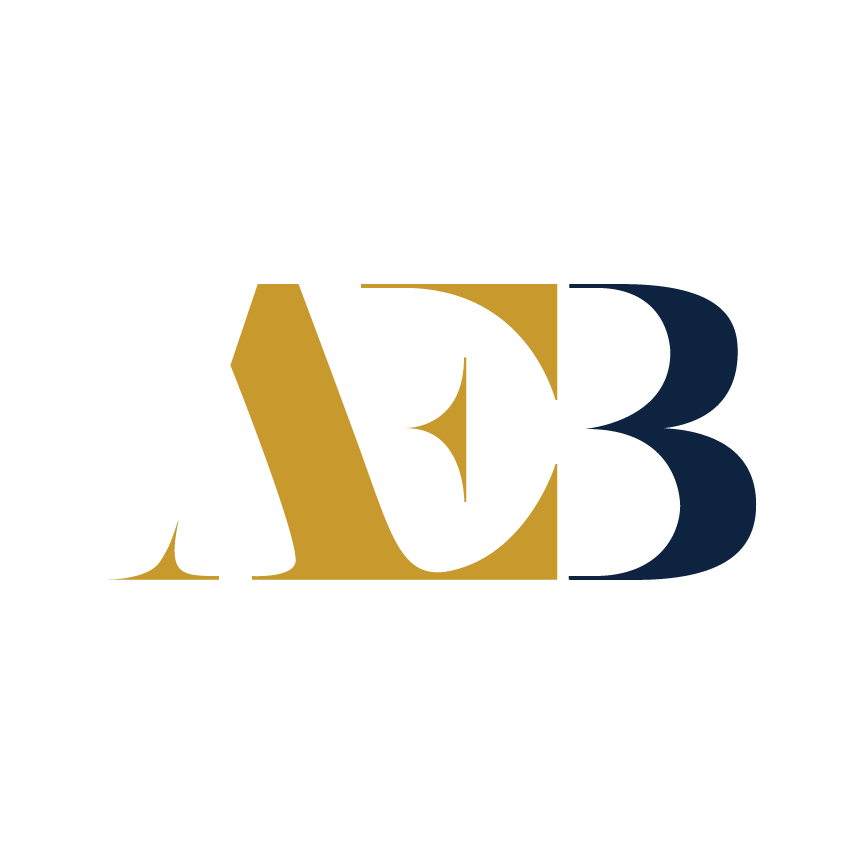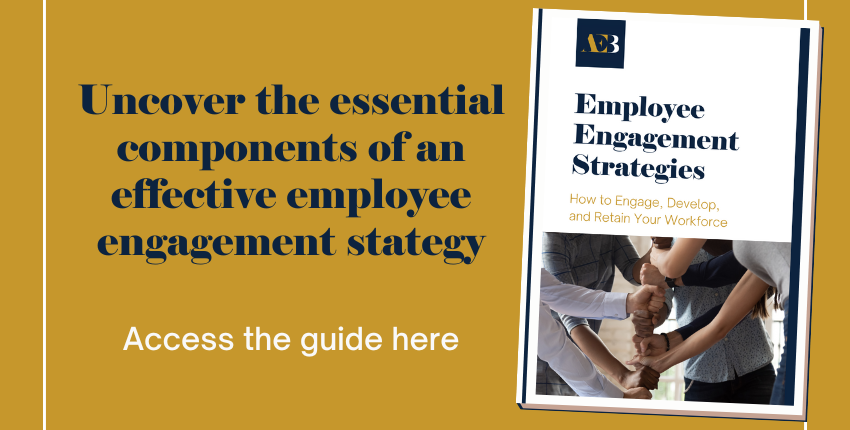While there is an abundance of resources highlighting the variety of skills needed by business professionals today, there aren’t many that specifically address the skills for those who spend a great deal of time interviewing candidates for open positions. Whether in a formal Human Resources role or as a hiring manager, hiring professionals require more than just hard skills in today’s competitive environment to find the right talent for the organization. Hiring professionals require a more comprehensive set of interview skills that fall into the category of soft skills.
A significant difference between a great interview and a poor one rests on the interviewer’s proficiency. The interviewers with the right skills make the process look easy but finding the perfect-fit hire for the company requires specific soft skills for before, during, and after the interviews. The best hiring professionals possess various interview skills essential in today’s highly competitive labor market.
Even if you decide to work with a recruitment firm to help you source, recruit, and evaluate talent for your organization, there is still a point where your team will need to conduct interviews to confirm candidates and make your final hiring decisions. Therefore your team must know and develop these interview skills.
Keep reading to learn exactly what these skills are and how they apply to your hiring and interview processes.
Interview Skills Needed Before an Interview Even Begins
Many businesses believe the interview process is an easy task and can be conducted last-minute by setting aside a few hours. That is certainly not the case. Hiring professionals understand the significance of being prepared for an interview.
Finding and recruiting employees requires research and planning if you want long-term success. Interviewers must be well-prepared with a set of crucial skills that are integral even before the interview starts. Here are three vital skills every hiring professional must have.
Organization
Having a proper plan already established to conduct interviews is vital for HR professionals and hiring managers. They must have organizing skills to ensure they have the right environment to conduct the interviews.
The best hiring professionals know to create a structured hiring process and interview format, to help them prepare and plan for the role(s) they seek to fill. This means they also have strong time management abilities while also having a solid structured approach for the hiring process.
Instead of rushing to interview the candidate who has already been waiting for a few minutes or rushing through the interview because you have a meeting right after, schedule the interviews at an appropriate time. Have at least ten to fifteen minutes before every interview to prepare a rough agenda.
Unstructured interviews in which you have to improvise can’t be effective for the recruitment process. A structured interview approach ensures that you guide the interview efficiently and cover all the basics.
Process-driven Mindset
Similar to being highly organized, skilled hiring professionals know their success is dependent upon following a prescribed series of steps that continues to ensure successful hiring. They begin by answering some essential questions regarding the roles they are filling. These would include a clearly defined job title and description and a solid understanding of the requirements, responsibilities, and key performance indicators.
These early details provide the basis for a well-written job posting, the search criteria for sourcing candidates, and the benchmarks that prospective hires are measured against. Being process-driven removes the risk of missteps and omissions while allowing hiring professionals to manage the workload of filling multiple roles simultaneously.
Coordination
A third key interview skill to develop is coordination. There are many moving pieces to organize and finalize before you even begin interviewing candidates to ensure your entire process operates smoothly and efficiently from start to finish. Among these are:
- Who is participating in the process and in what capacity?
- What format and quantity of interviews are needed?
- What specific criteria and standards each candidate will be measured against?
Successful hiring professionals can seamlessly coordinate participants, information, and outcomes as your hiring process transitions from one phase to the next.
Top Skills Needed for Conducting Effective Interviews
Transitioning from the pre-planning phase of the hiring process to the evaluation phase also means a shift in interviewing skills that initially focused on project management to interpersonal skills. Hiring professionals need to be in control of the interview without intimidating the candidate. This means developing a deep inventory of interview skills that allow them to build trust, manage the flow of the conversation, and illicit essential information so they can make the right hiring decisions for everyone involved.
All of this requires the following crucial skills.
Active Listening
Hard to imagine that this essential interview skill even needs to be mentioned, but it is vital to every human interaction. It is not enough to just hear as one of your senses. To absorb what is verbally and non-verbally communicated, hiring professionals need to actively engage in the conversation.
Having a two-way conversation is certainly important, but the only way to ensure the interview’s success is to listen more. It allows you to ask the right follow-up questions, clear any confusion, and even allow the candidates to gain the information they may need to evaluate all their options.
Active listening skills will ensure the candidate feels comfortable and not like they are being cross-examined. Yet, it still gives a skilled hiring professional control in assessing a candidate in a way that provides clarity and achieves the goal of finding a perfect-fit hire.
Patience
During job interviews, there are bound to be a few pauses. Some candidates require a few minutes to ponder before answering. Therefore, another essential interview skill is the ability to be comfortable in silent spaces. This requires you to be patient instead of rushing the candidate and missing out on good talent.
It means that hiring professionals should provide some room after a question for candidates to think. This is an essential conversation for both parties, so allowing time helps candidates relax and to provide better responses.
Empathic Leadership
Empathy is the ability to understand feelings, draw upon personal experiences or gain knowledge to experience a particular situation alongside someone else. Developing interview skills that improve empathy and inclusion are now essential for hiring professionals.
The empathetic leadership qualities of an interviewer allow them to help the candidate relax and lower their nervousness and anxiety. It is understandable for candidates to be anxious during the interview. Showing empathy and using a warm and friendly tone can ensure you don’t miss out on an ideal potential employee because of their nervousness.
Hiring professionals with strong empathic interview skills will also be mindful of what it was like when they were the ones being interviewed. This is displayed in communicating your hiring process and expectations at each step. People tend to do better and are more committed when they know what is expected of them. Small acts of empathy begin to build the needed connections required to entice the right candidate to accept your opportunity.
Critical Thinking
Critical thinking is an essential part of the needed interview skills for two primary reasons. First, hiring professionals need to absorb and interpret a wide and varied amount of information from candidates such as openly shared experiences, non-verbal cues, and inferences. Second, they need to keep personal biases out of the process and to objectively focus on the background and capabilities they are hiring for. As such, hiring professionals need to be excellent problem solvers who keep an objective perspective.
Professionals who can keep personal biases out of the process and objectively focus on the skills and capabilities you are hiring for. These individuals are also excellent problem solvers who keep an objective perspective.
Even when a structured interview format is used, critical thinking is essential. For example, in an A Method interview, a candidate will walk through their resume from past to present highlighting their responsibilities, accomplishments, challenges, and reasons for leaving each position. The hiring professional needs to intentionally evaluate the candidate’s drive, capabilities, skills, and personality while seeking clarity and deeper understanding where needed.
Open-mindedness
Aside from critical thinking, hiring professionals must have an open mind. Again, this means setting aside personal biases to objectively focus on the skills and capabilities you are hiring for.
It is not uncommon for interviews to begin with some small talk with the intended purpose of helping candidates relax. While this might work in some cases, this also increases the risk of the interviewer already forming certain biases that could impact the way you evaluate the candidate in the rest of the interview.
This is why open-mindedness is crucial. Having a few standardized small talk questions could help remove potential biases. Another idea is to start the interview by introducing yourself and sharing a little about the company to make the candidate more comfortable.
Persuasive
Sharing a bit about the company when starting the interview can also give you a chance to persuade the candidate about the perks of joining the organization to increase their motivation to join. Given the competitive landscape of the labor market, the ability to convey the advantages of joining your organization and to cast a clear picture of a candidate’s future with you is now more essential to have in your arsenal of interview skills than ever before.
Hiring professionals should be able to illustrate the Employee Value Proposition (EVP) to highlight how the candidate can benefit from being a part of your organization. This can prevent them from considering other offers they might have from their existing employer or any of your competitors.
Post Interview Skills Hiring Professionals Possess
Having a structured interview method and the right interview skills can allow you to short-list candidates, but the process is not over yet. You need the right skills to evaluate these candidates to find the ideal match based on the business needs and requirements of your organization. Here are some vital post-interview skills hiring professionals must have.
Analytical Thinking
Every candidate you interview has their own unique experiences, traits, characteristics, and qualities but you need analytical thinking to identify the best combination of qualities and talents that would be ideal for the job.
Like critical thinking, analytical thinking is the ability to process the information gained during interviews and then effectively compare and contrast your options. It’s an interview skill that allows hiring professionals to not only make sound, objective decisions but also convert their gained insight into a compelling offer to their chosen candidate.
It is essential to note that while you might have found the right candidate, the candidate might also have other offers. Therefore, your analytical thinking could help you craft an offer letter that the candidate will find appealing and reduce the chances of them declining your opportunity.
Intuitive
Finally, proficient hiring professionals have developed the interview skill of being intuitive. During the interview and while evaluating the short-listed candidates, your intuition could play a significant role in making the final decision.
This doesn’t mean reacting without foresight or rational thought. Rather, you would have the skills to detect not only opportunities to reinforce the opportunity but also to quickly detect signs that a candidate may be having second thoughts. This will allow you to use the same persuasion skills to encourage the candidates to confidently accept your opportunity.
A Combination of Soft Interview Skills Leads to The Perfect Match
Interviews are a crucial step in the hiring process. Hiring professionals must be skilled and prepared enough to establish a structured interview to thoroughly evaluate candidates and make the right decision.
From organization and coordination skills before the interview to active listening, patience, and empathetic leadership during the interview to analytical thinking and intuition – the combination of these interview skills can drastically enhance the interview process and allow hiring professionals to make the best candidate selection.
Aside from having these crucial soft interview skills, our Employee Engagement Strategies Guide can help you with the next steps: effectively managing, leading, and retaining your team. Download your copy today.


.png)





